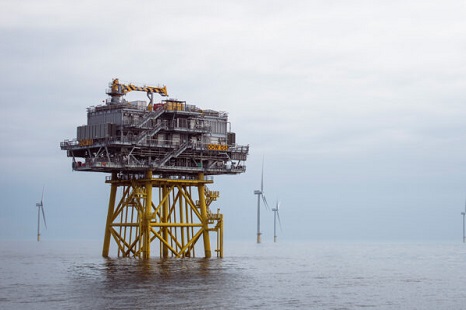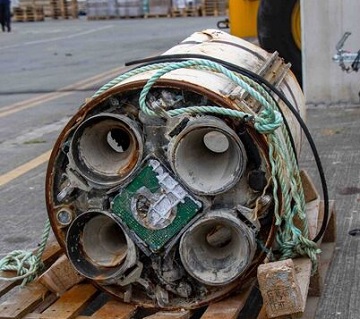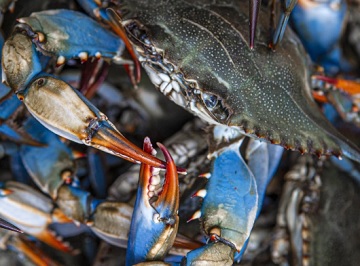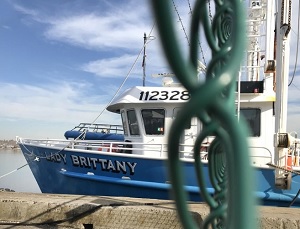Daily Archives: June 18, 2023

Dutch beam trawlers smuggle cocaine in Danish waters
Poor and non-existent controls in ports such as Hanstholm and Thyborøn give international drug cartels good opportunities to smuggle in Danish waters. At the West Jutland ports, there are stories that one of the locals has been threatened with death in Thyborøn, and that at least three others have been beaten down by the so-called “pirates” in Hanstholm. No one wants to get their name out because they fear reprisals. Someone knows little. Others almost nothing. A Dutch fisherman has agreed to meet, despite the fact that, by his own admission, he risks his life. As we sit down, the fisherman makes it clear that he will in no way be recognizable: “I have to be 100 percent sure. Otherwise, I’m dead. They are ‘crazy’. He emphasizes that not all beam trawlers smuggle drugs, but several of them. The smuggling takes place when the beam trawler far out in the North Sea, where no one sees them, meets a large container ship, typically with fruit from South America. Photos, Videos, >click to read< 16:20

Offshore Wind Electrical Substations; The Secret, Silent Killers by Jim Lovgren
The marine mammal strandings that are taking place almost everyday along the US east coast are the most visible consequence of the Biden administration’s reckless disregard of all environmental safeguards that had been carefully crafted since the environmental movement started in the 1960’s. Embarrassingly, the cowards at the National Marine Fishery Service have stood by and watched as research vessels have been performing geologic surveys with high powered Sonar, and Seismic devises before they had their incidental take permits issued. They have also authorized over 100,000 level B takes of marine mammals, and that’s just for a few projects, as they fully expect the offshore wind factories to cause the extinction of the critically endangered Northern Right Whale. Just ask Sean Hayes, from the NMFS protected species department, whose observations were ignored by BOEM, hence an ESA violation. >click to read< 11:34

Rocket found off Irish coast shrouded in mystery as Virgin Orbit rules out ownership
Mystery surrounds the discovery of a rocket engine by fishermen from West Cork after Virgin Orbit has confirmed it does not belong to them. The debris which was discovered in February was thought to be an engine belonging to Virgin Orbit’s failed launch from Cornwall in January. A spokesperson for the company said the debris found by Union Hall fishermen was not the property of Virgin Orbit and was unrelated to the launch from Cornwall. A spokesperson for Cork County Council said: “Part of an engine recovered by an Irish fishing vessel during routine fishing operations has been brought into Keelbeg pier. >click to read< 09:08

‘99.7% efficient after over 400 hours of use’
Maryland is already famous for its crab, but researchers at the University of Maryland are looking to give that distinction an entirely different meaning. A team of scientists at the school’s Center for Materials Innovation found that crustaceans like crabs and lobsters contain a chemical in their shells called chitin, which can be used to power batteries when combined with zinc. Crustacean shells packed with this chemical are typically thrown out en masse by restaurants that have no other use for them. But researchers believe this waste could serve as a powerful resource in the search for more sustainable batteries. >click to read< 08:11











































